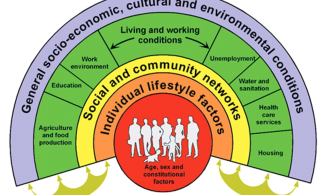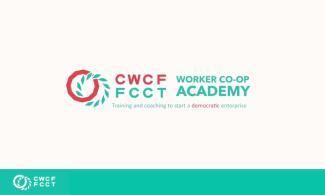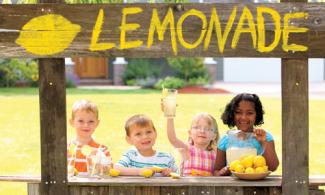Food sovereignty movement sprouts in Montana
All Native American reservations in Montana now have community gardens, and there are at least eight gardens on the Flathead Reservation north of Missoula, home to the Confederated Salish and Kootenai Tribes. The tribe is teaching members to raise vegetables, some of them made into soup that is delivered to tribal elders. This year members grew 5 tons of produce to be given away.
Ancestral seeds are part of the effort. Each year the BNFSI sends out 200 packets of seeds for ancestral crops to Indigenous people in Montana.




